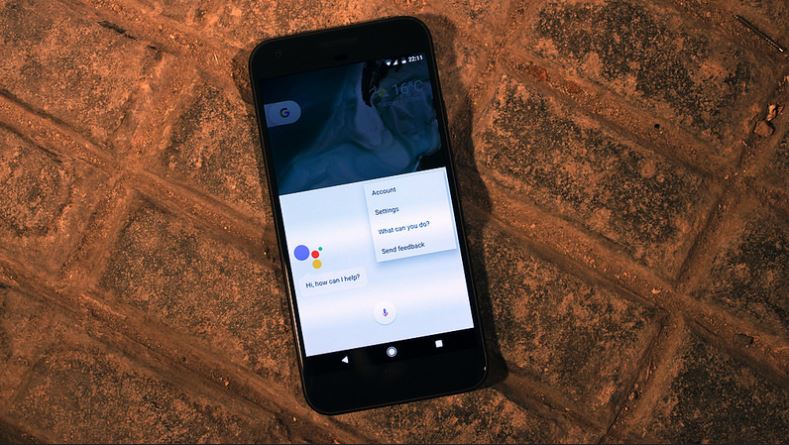Google’s Next Project Replacing Android to be Integrated in the Next Few Years
Google has been discreetly working on a project that will be next-in-line to Android, the current operating system for their smartphones and computers. Their group of engineers has reportedly been working on this replacement for years, and according to Bloomberg, it seeks to be the bigger and better version of Android.
The developing project, called Fuchsia, originally began to post code in 2016 to improve Android’s shortcomings. Engineers said that it was being created to aid voice interactions in their compatible speakers and to provide more frequent security patches as more Google devices are introduced to the market.
Fuchsia’s main goal is provide “a single operating system capable of running all the company’s in-house gadgets, like Pixel phones and smart speakers,” which even includes “third-party devices,” Bloomberg said.
Google engineers informed about Fuchsia said they hope to have the finished project up and running in the next half decade for larger devices like laptops and phones. The smaller home devices are expected to be embedded in the next three years.
Bloomberg mentions that even though Android owns most of the smartphone market share with a crushing 85% over Apple’s 15%, Apple still has the advantage in performance, security, and integration. Apple’s ecosystem makes their experience undeniably attractive as their users can seamlessly navigate information through all of their connected devices.
“Another key advantage: Most iPhone users quickly update their phones when Apple releases a new version of the operating system, while less than 10 percent of Android users do,” Bloomberg pointed out. “This means Google’s latest services only reach a fraction of Android users.”
“Switching away from Android could provide Google the opportunity to hit the reset button on any mistakes they believe they made a decade ago,” stated Jeffrey Grossman, co-founder of messaging app Confide. “They might be able to regain some power that they’ve ceded to device manufacturers and telecom carriers.”
A benefit from the project is that it will be new challenge for experienced company hackers – which only makes it stronger in the long run.
Fuchsia, now with over 100 people working on it, hopes to combat some of Google’s limitations by taking higher security measures such as encrypting “user keys” into the operating system, workers said. With voice control at the center of it all, Fuchsia will be a better integrative option for Google’s new and upcoming products.




